Low carb, high-protein diets promote protein-rich meals while minimizing carbs.
Diets high in protein and low in carbs have been related to various health advantages, including weight loss, improved blood sugar management, and decreased heart disease risk factors such as elevated triglycerides. (1)
Fortunately, there are several protein-rich, low carb foods to select from, many of which have health advantages in addition to their high protein content.
Here are 26 high-protein, low carb foods.
1. Eggs
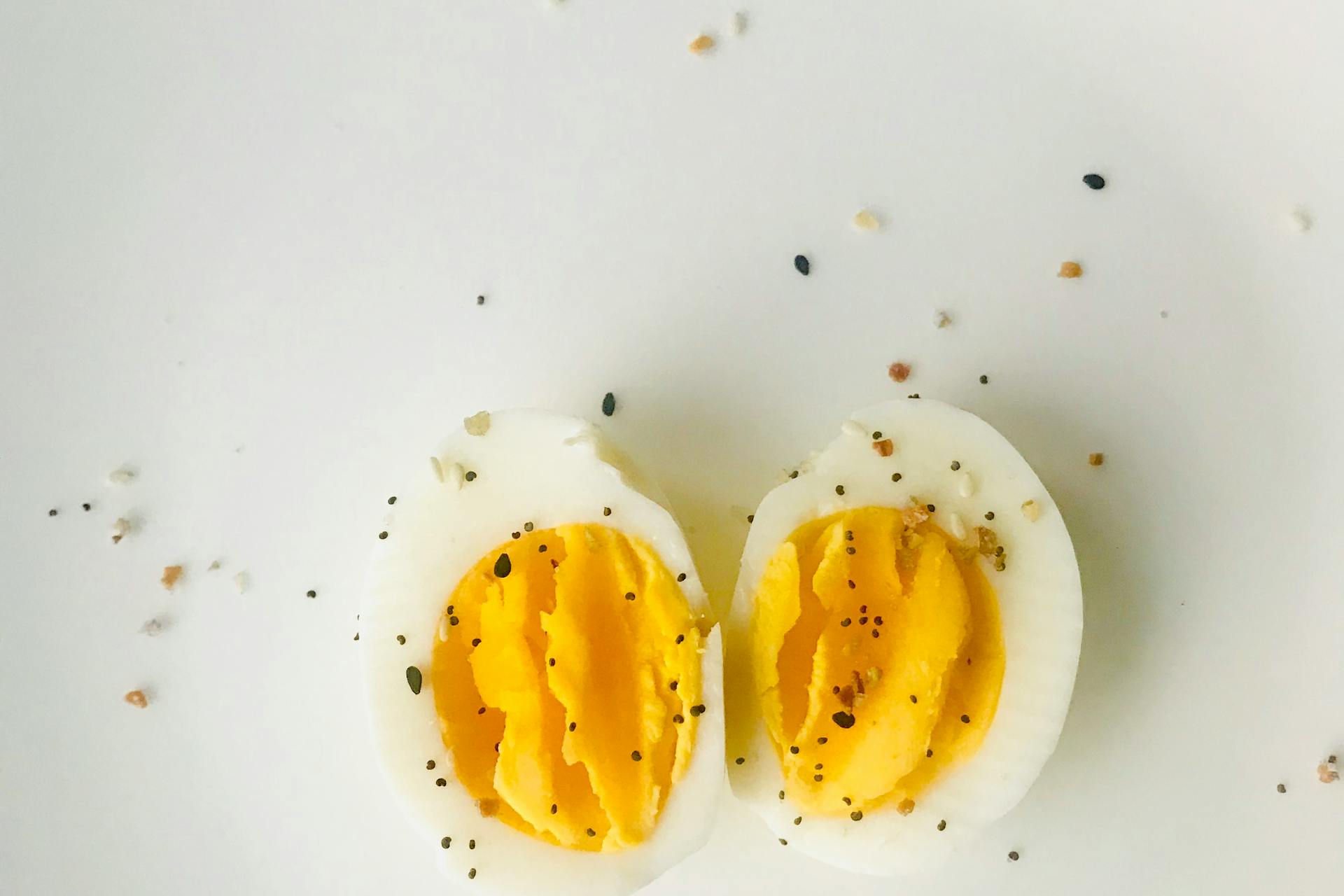
Eggs are one of the most nutritious things you can consume. They include vital minerals such as B12, selenium, and vitamin A, as well as a high protein content and a low carb count. Starting your day with two eggs gives your body 12.56 g of satisfying protein and less than one gram of carbs, making eggs a good choice for individuals on low carb, high-protein diets. (2)
- Calories: 71.5 calories per large egg
- Carbs: <1 gram
- Protein: 6.28 grams
2. Canned Salmon
Canned salmon is a carb-free, high-protein meal. A 3-ounce canned salmon has roughly 20 grams of protein and is carb-free. (3) Salmon also contains 4.27 g of healthy fats per 3-ounce meal, including the omega-3 fats docosahexaenoic acid (DHA) and eicosapentaenoic acid (EPA), which play critical roles in health by controlling inflammation and supporting immunological function. Salmon is also high in vitamins and minerals, including B12, B6, selenium, and potassium, making it an overall healthy option. (4)
- Calories: 117 per 3-ounce serving
- Carbs: 0 grams
- Protein: 19.6 grams
3. Cheddar Cheese

Many cheeses, especially cheddar, have very low carbs but are abundant in protein, fat, and vital minerals like calcium and zinc. Just one ounce of cheddar cheese provides 15% of your daily calcium requirements, a mineral required for bone health, muscular function, heart health, and other purposes. (5) Cheese may be eaten as a low carb, high-protein snack or added to low carb meals, such as keto-friendly ones, to increase the fat content. (6)
- Calories: 115 per ounce
- Carbs: <1 grams
- Protein: 6.78 grams
4. Whey Protein Isolate
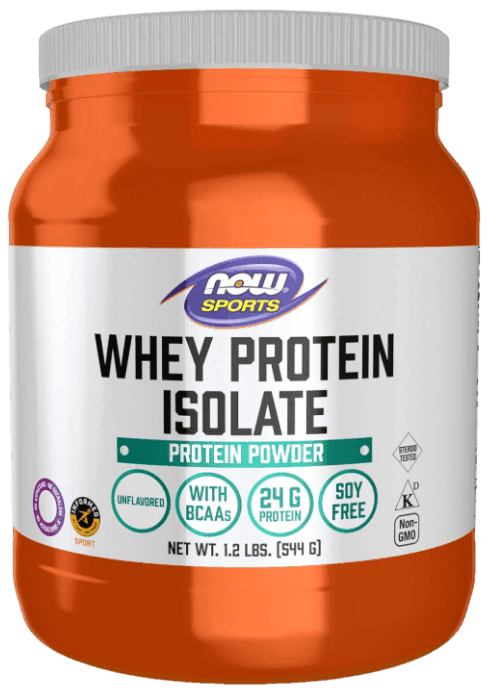
Protein powders, such as whey protein, are a simple method to increase your protein consumption. Whey protein isolate is an excellent alternative for people following a low carb, high-protein diet since it is high in highly bioavailable protein and has no carbohydrates, allowing it to increase the protein content of meals and snacks without adding extra carbs. Just make sure to buy unsweetened protein powders or ones sweetened with sugar substitutes like monk fruit, as sugar-sweetened protein powders contain more carbohydrates. (7)
- Protein: 25 grams
- Calories: 100 calories per 30-gram serving
- Carbs: 0 grams

5. Cottage Cheese

Cottage cheese is a flexible dairy product that may be consumed as a high-protein, low carb snack or used in dishes to increase nutritional value. Cottage cheese contains various vitamins and minerals, including B12 and selenium. (8) Selenium is a mineral necessary for thyroid function and a potent antioxidant. A cup of 2% cottage cheese provides 49% of your daily need for this crucial vitamin. (9)
- Calories: 183 per cup
- Carbs: 10.8 grams
- Protein: 23.5 grams
6. Turkey Sticks
Try pre-packaged turkey sticks if you’re searching for a low carb, high-protein, shelf-stable, and portable snack. They are high in protein, making them a satisfying snack in your car, desk drawer, or purse.
- Calories: 60 calories per stick
- Carbs: 0 grams
- Protein: 10 grams
7. Canned Tuna
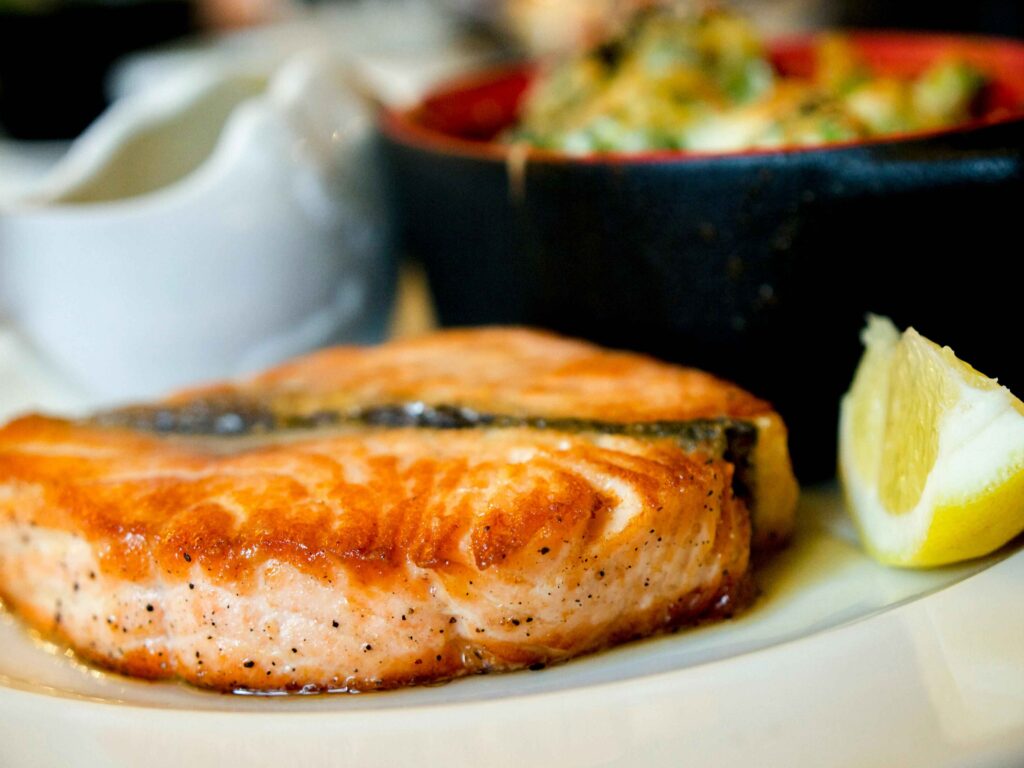
Another zero-carb protein alternative is canned tuna, which offers a quick supper or snack for individuals following a low carb diet. (10) Tuna may be combined with mayo, Greek yogurt, or mashed avocado to make a simple, low carb tuna salad that can be served with other carb-containing foods such as sliced veggies or flaxseed crackers. Canned tuna is a shelf-stable protein, so you can stock up on this essential pantry item without fear of deterioration.
- Calories: 109 per 3-ounce serving
- Carbs: 0 grams
- Protein: 20.1 grams
8. Collagen Peptides
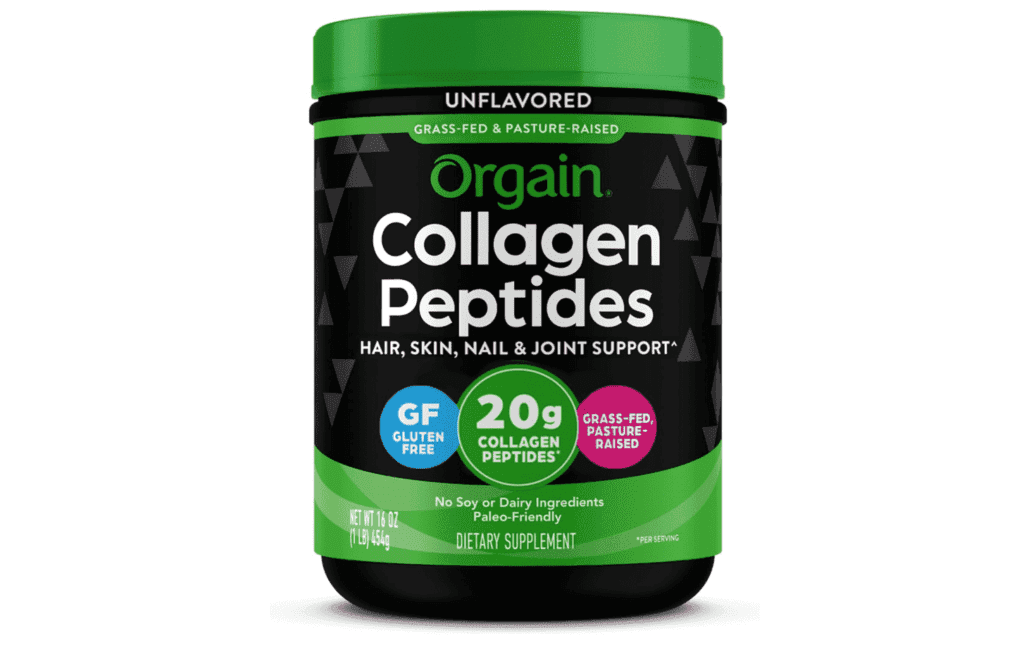
Collagen peptides may increase the protein content of hot and cold beverages, such as smoothies and coffee drinks, and dishes like baked goods, overnight oats, and energy balls. Collagen peptides are carb-free and high in protein. According to studies, taking collagen peptides daily can improve the health of the skin, bones, and joints, making collagen an excellent addition to your wellness regimen. (11)
- Protein: 20 grams
- Calories: 70 per 20-gram serving
- Carbs: 0 grams

9. Tofu
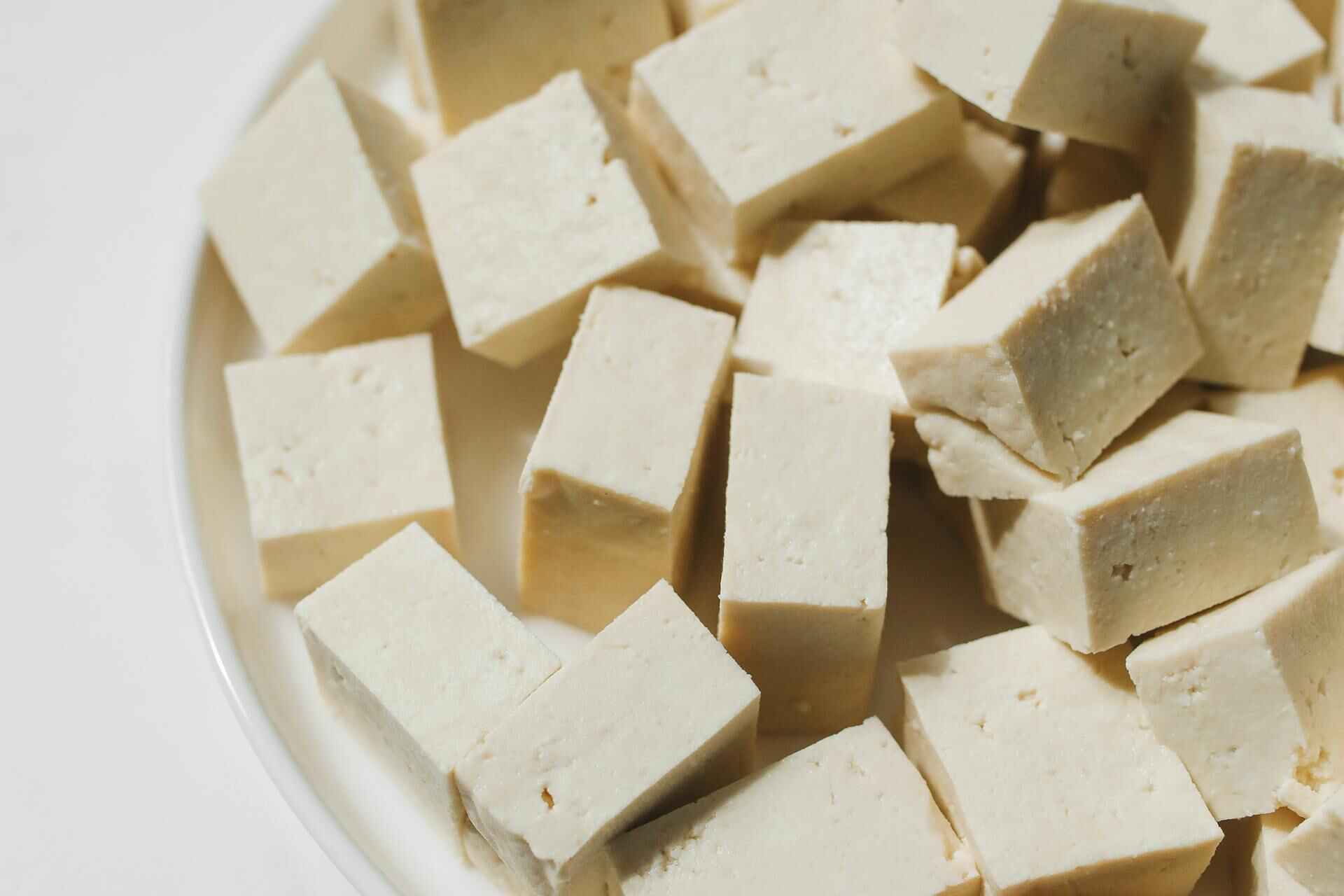
Most plant-based protein sources, such as beans and lentils, are heavy in carbohydrates, making it difficult for vegans and vegetarians to meet their protein requirements while keeping under their daily carb allowance. Tofu is a soy-derived food that is strong in protein but low in carbohydrates, making it an excellent choice for plant-based dieters seeking low carb protein sources. (12) Tofu may be used in sweet and savory recipes, from stir-fries to pies, to increase their protein content. Tofu is high in protein and contains minerals needed for plant-based diets, such as calcium, selenium, zinc, and iron.
- Calories: 78.2 per 3-ounce serving
- Carbs: 1.55 grams
- Protein: 8.67 grams
10. Hemp seeds
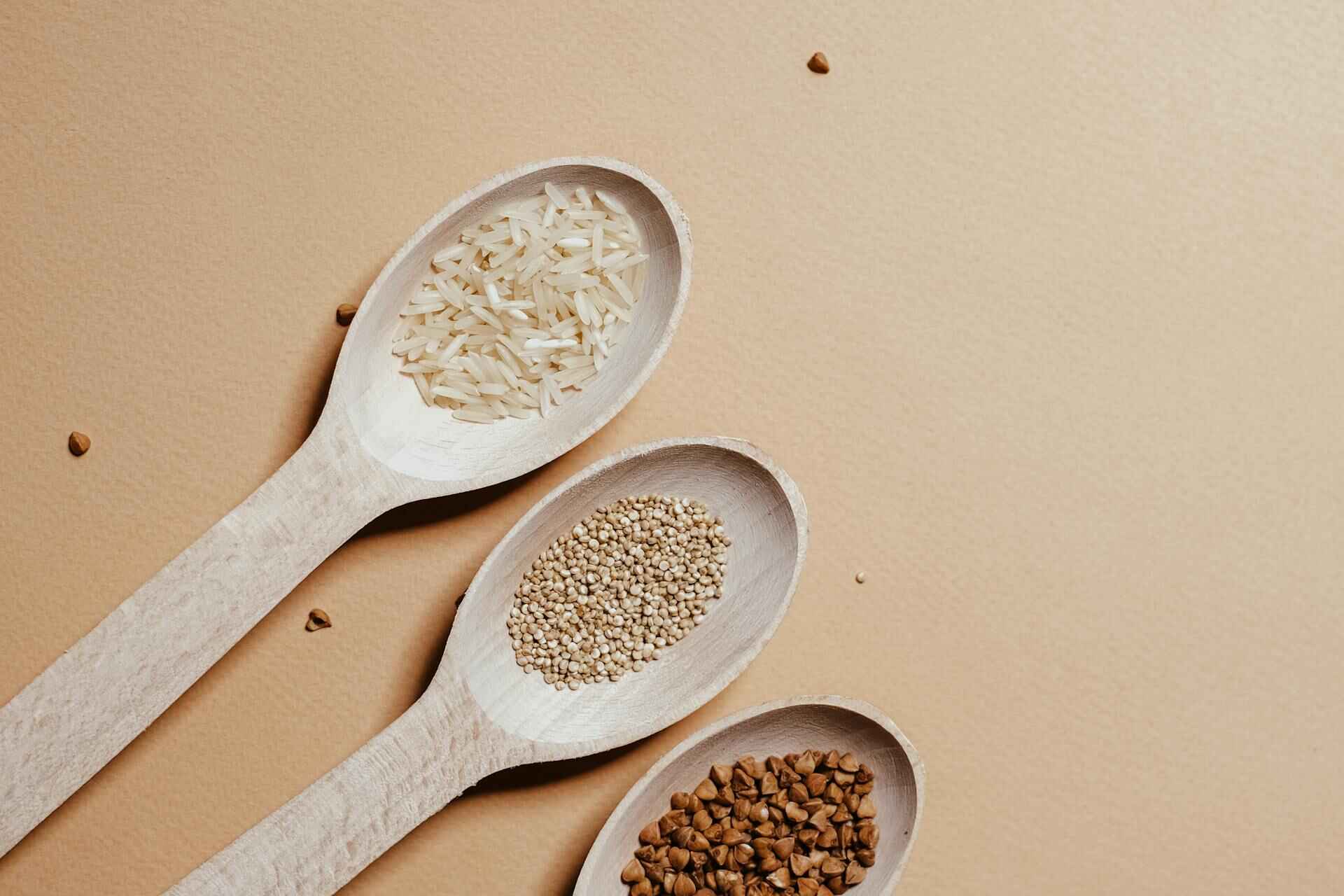
Hemp seeds are another plant-based protein source with minimal carbohydrates. In addition to protein, hemp seeds have a high concentration of vitamins and minerals, including magnesium and zinc, as well as beneficial fats. (13) Hemp seeds may be used in salads and smoothies to create vegan-friendly, protein-rich products like hemp milk and hemp protein powder.
- Calories: 166 per 30-gram serving
- Carbs: 2.6 grams
- Protein: 9.48 grams
11. Pumpkin seeds
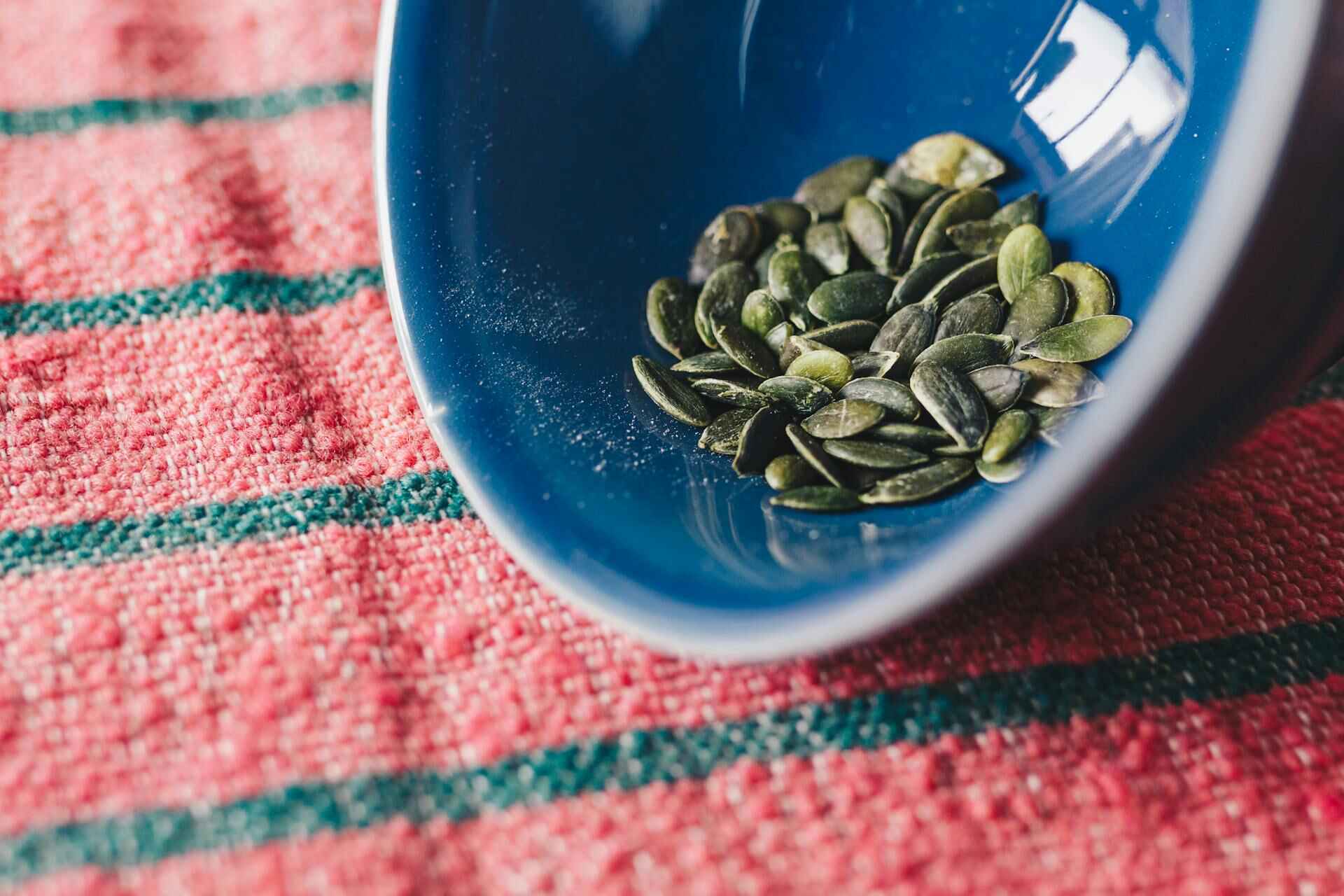
Pumpkin seeds include a wealth of nutrients that are essential for good health. For example, a 3-ounce portion of pumpkin seeds provides 37% of your daily magnesium requirement, which is critical for regulating blood sugar, blood pressure, and stress. (14) Pumpkin seeds may be included in low carb diets and are a versatile and straightforward source of plant-based protein. (15)
- Calories: 163 per ounce
- Carbs: 4.17 grams
- Protein: 8.45 grams
12. Chicken breast
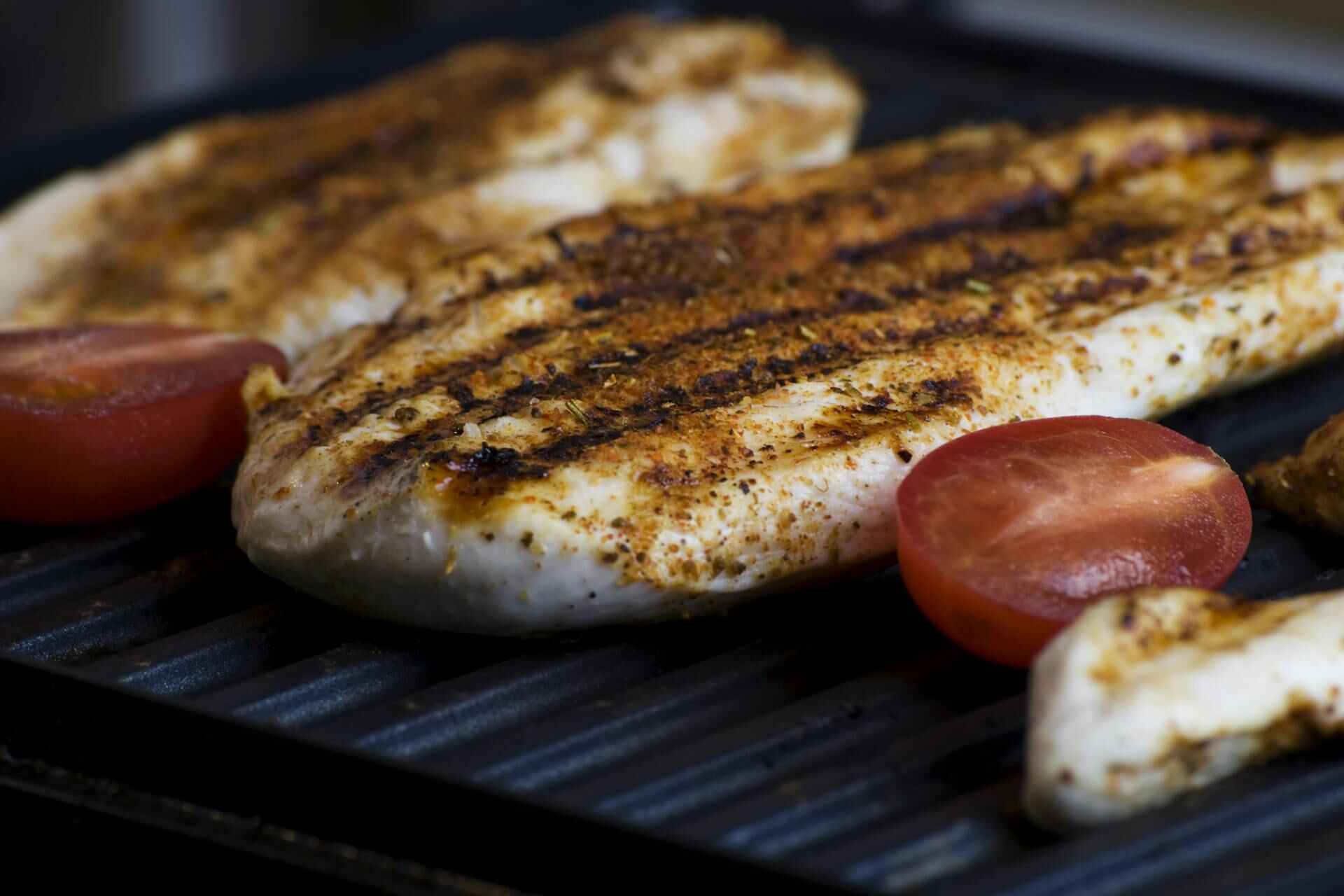
Chicken breast is among the most common protein sources in the United States. It’s versatile, high in protein, vitamins, and minerals, and has no carbs. Chicken breast is a common ingredient in low carb diets and may boost protein levels in foods such as salads, soups, and stir-fries. (16)
- Calories: 105 per small skinless chicken breast
- Carbs: 0 grams
- Protein: 31.1 grams
13. Peanuts
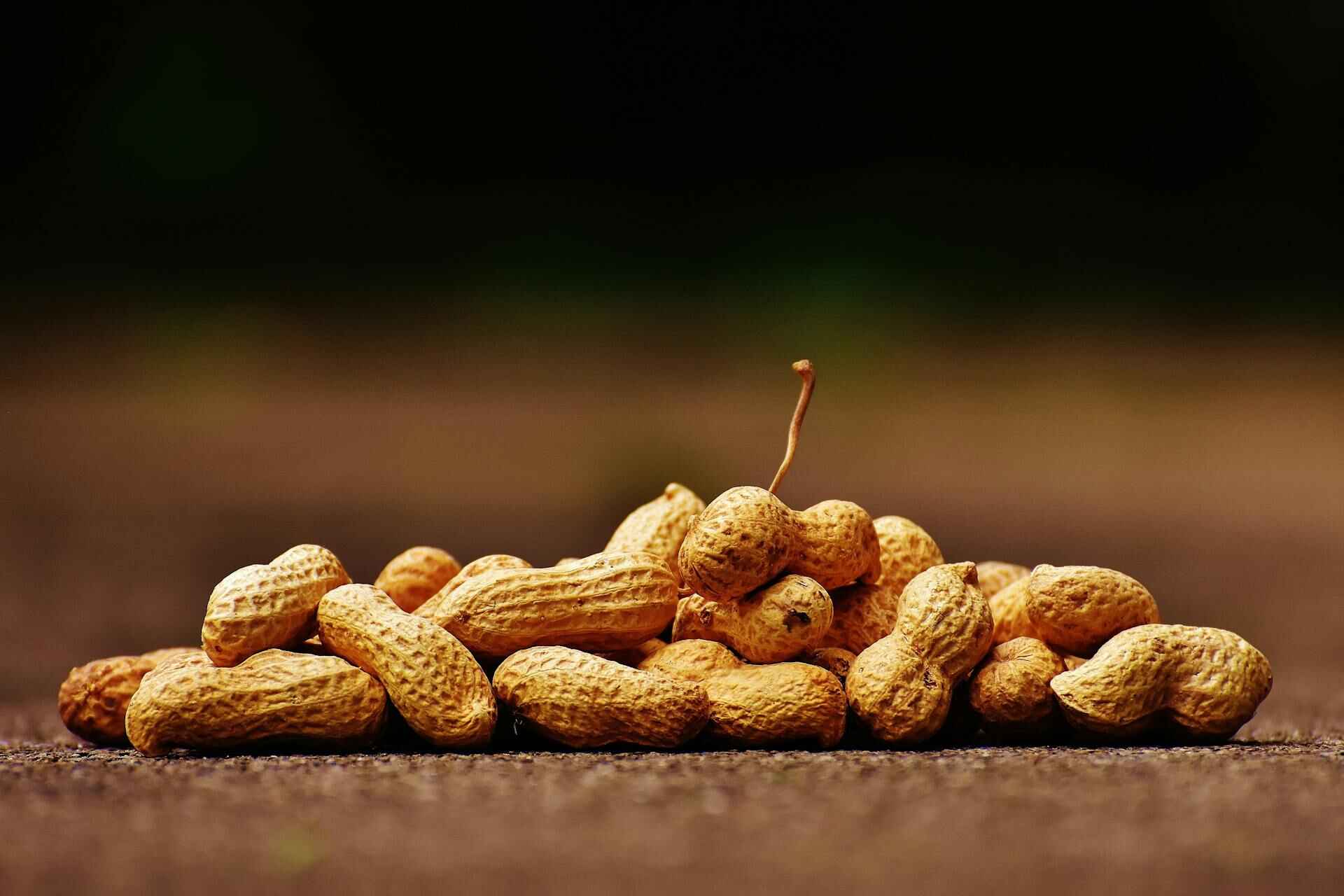
Peanuts are low carb legumes rich in plant-based protein. Peanuts contain various vitamins and minerals, including folate, vitamin E, magnesium, phosphorus, zinc, and copper. They have been found to decrease cholesterol, making them an excellent choice for heart health. (17) (18)
- Calories: 162.8 per ounce
- Carbs: 4.48 grams
- Protein: 7.43 grams
14. Kefir

Kefir is a fermented yogurt drink that is strong in protein and low in carbohydrates. It contains a lot of probiotics, including lactic acid bacteria (LAB), good bacteria that can aid digestion. Try mixing kefir into smoothies or eating it as a satisfying snack. (19)
- Calories: 104 per cup of low-fat, plain kefir
- Carbs: 11.6 grams
- Protein: 9.21 grams
15. Shrimp
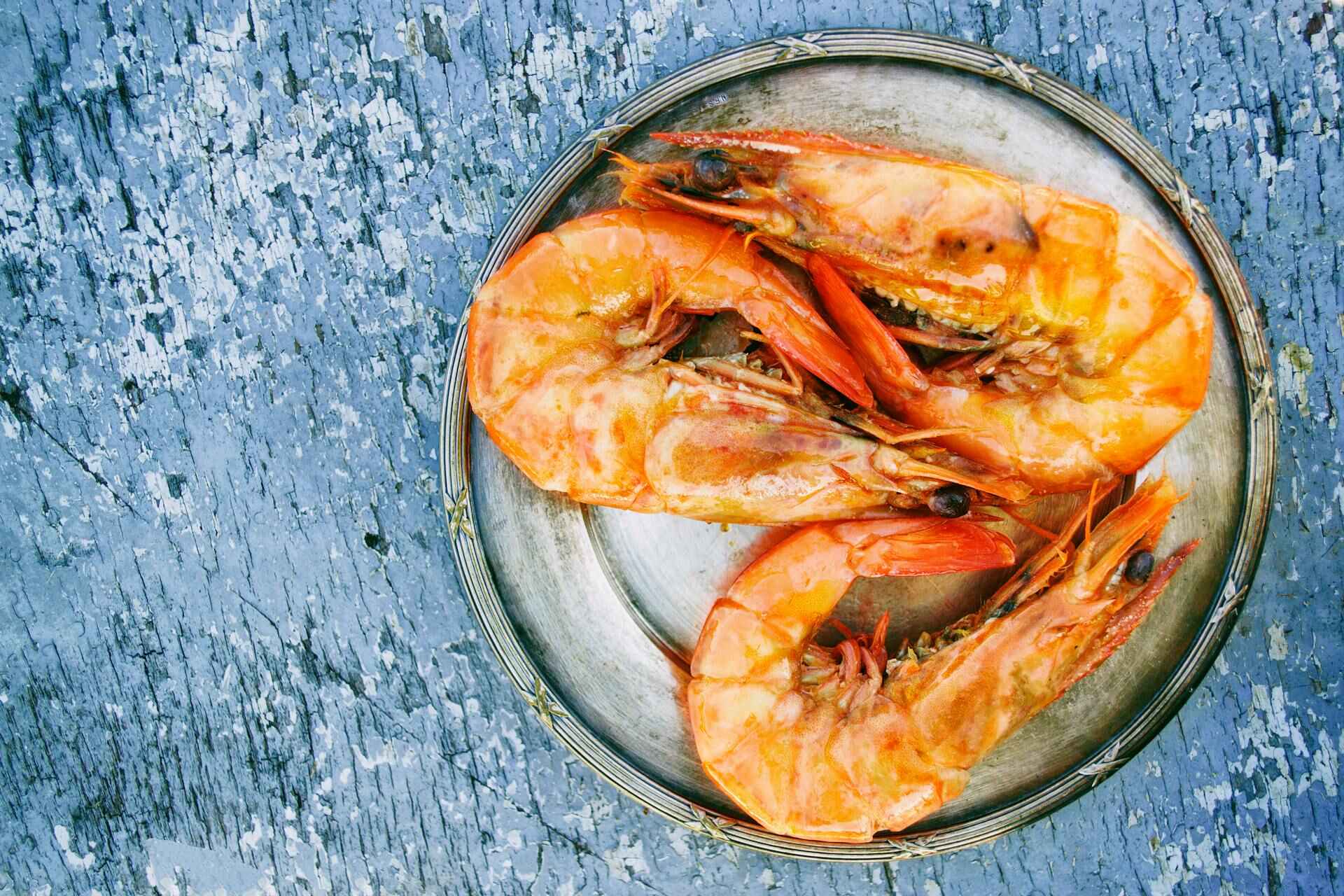
Including seafood like shrimp can help you get more B12, selenium, zinc, and protein. Shrimp is very low in carbs and may be used in various low carb foods, including salads, soups, stir-fries, and lettuce wraps. (20)
- Calories: 84.2 per 3-ounce serving
- Carbs: <1 grams
- Protein: 20.4 grams
16. Greek yogurt

Greek yogurt is much richer in protein than regular yogurt. Greek yogurt has more than double the amount of protein as regular yogurt. In addition to being vital in protein, Greek yogurt contains fewer carbohydrates and a thicker, more pleasant texture than regular yogurt. It is also a rich source of vitamins and minerals such as B12, calcium, and vitamin A, and may be eaten as a snack or added to soups and smoothies to boost protein content. (21)
- Calories: 146 per 7-ounce serving of low-fat, plain yogurt
- Carbs: 7.8 grams
- Protein: 19.9 grams
17. Edamame
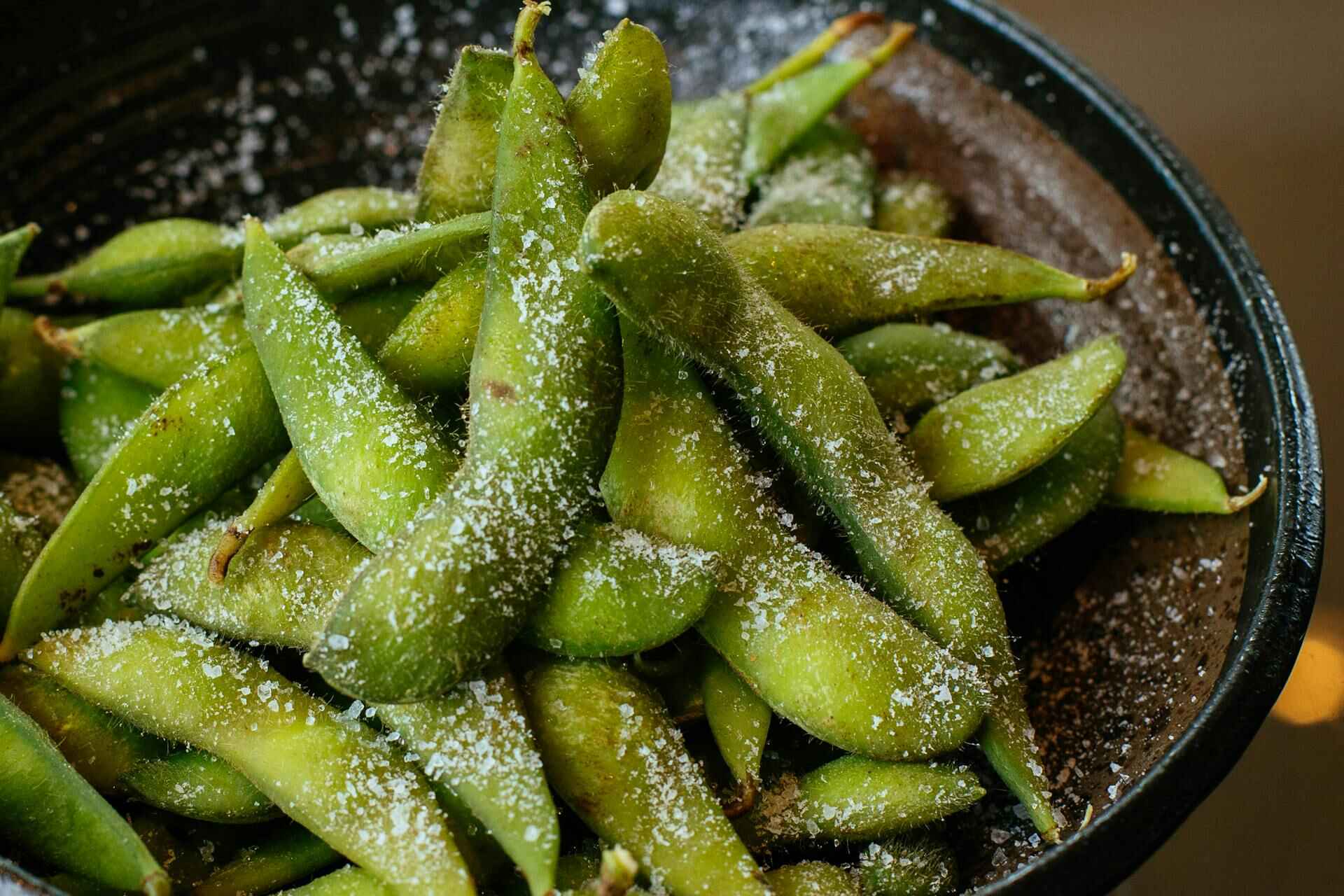
Edamame are immature soybeans that provide a simple supply of protein for people on plant-based diets. Edamame contains fewer carbs than typical plant-based protein sources. For example, black beans have more than 40 g of carbohydrates per cup, but edamame includes just 13.8 g. Edamame is also substantial in fiber, promoting gut health by encouraging healthy bacteria growth and protecting against digestive disorders like colorectal cancer. (22)
- Calories: 188 per cup
- Carbs: 13.8 grams
- Protein: 18.5 grams
18. Ground Turkey
Ground turkey may be purchased in quantity and frozen to provide a healthful, low carb, high-protein lunch or supper alternative at all times. Make low carb turkey burgers and serve them on a salad, lettuce wrap, or top zucchini noodles with turkey meatballs for a high-protein, low carb supper. (23)
- Calories: 173 per 3-ounce serving
- Carbs: 0 grams
- Protein: 23.3 grams
19. Chicken Liver
Organ meats like chicken liver are extremely high in vital nutrients, including vitamin A, folate, and B12. A 3-ounce serving meets your daily requirements for all three nutrients while providing more than 20 grams of protein and less than 1 g of carbs. (24)
- Calories: 142 per 3-ounce serving
- Carbs: <1 grams
- Protein: 20.8 grams
20. Peanut Butter
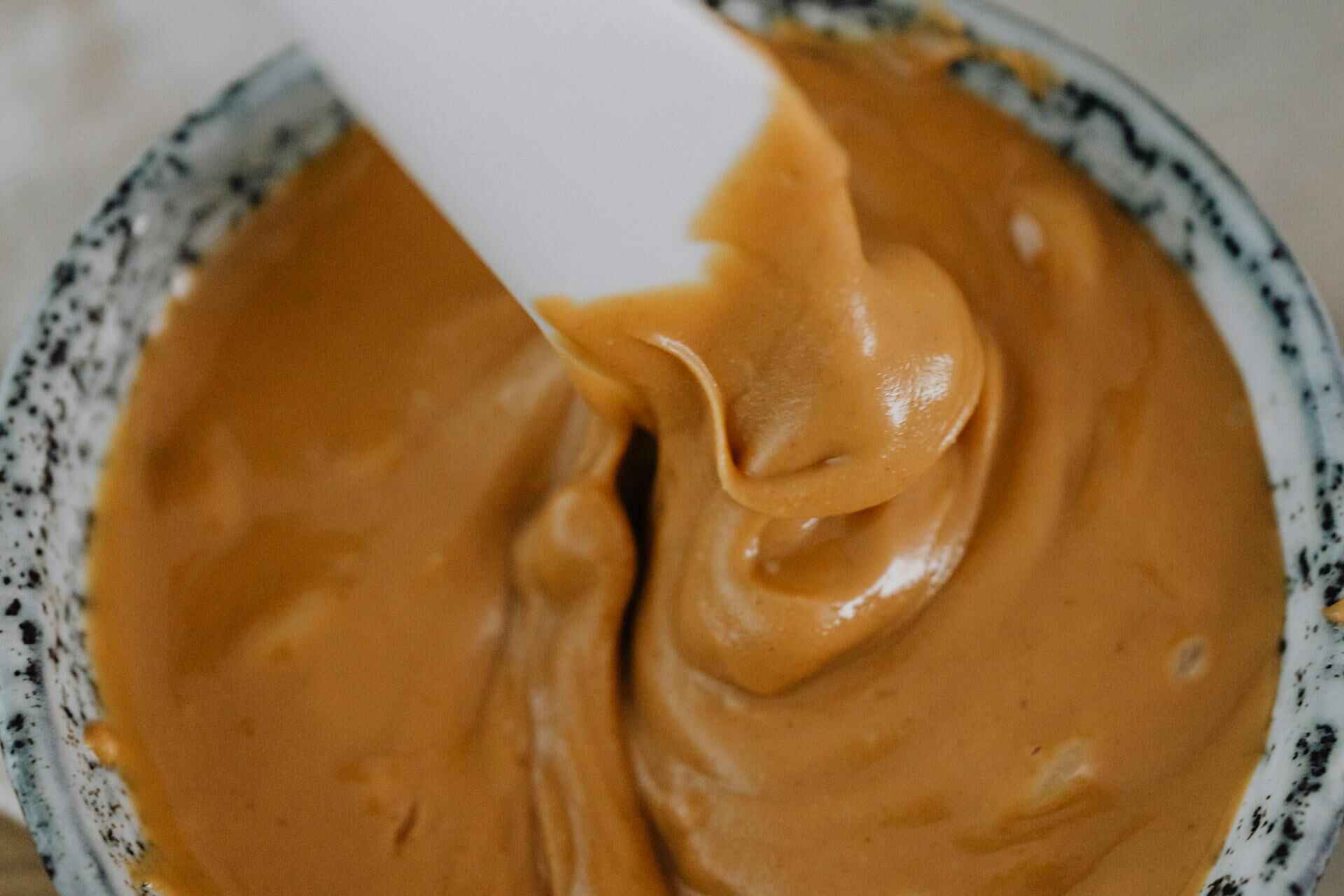
Peanut butter is a high-protein spread with sweet and savory components. It’s low in carbohydrates but high in fat and protein, which makes it a popular element for low carb diets. Spread peanut butter over celery sticks for a crisp and full snack, or mix it into low carb protein shakes for extra nutrients and taste. (25)
- Calories: 200 per 2-tablespoon serving
- Carbs: 8.99 grams
- Protein: 7.01 grams
21. Ricotta Cheese

Ricotta cheese is a creamy, high-protein, low carb dairy product containing calcium, selenium, phosphorus, and vitamins. Ricotta cheese may be used in egg dishes, dips, and soups to make low carb sweets such as sugar-free ricotta cheesecake. (26)
- Calories: 171 per half-cup serving
- Carbs: 6.37 grams
- Protein: 14.1 grams
22. Tempeh
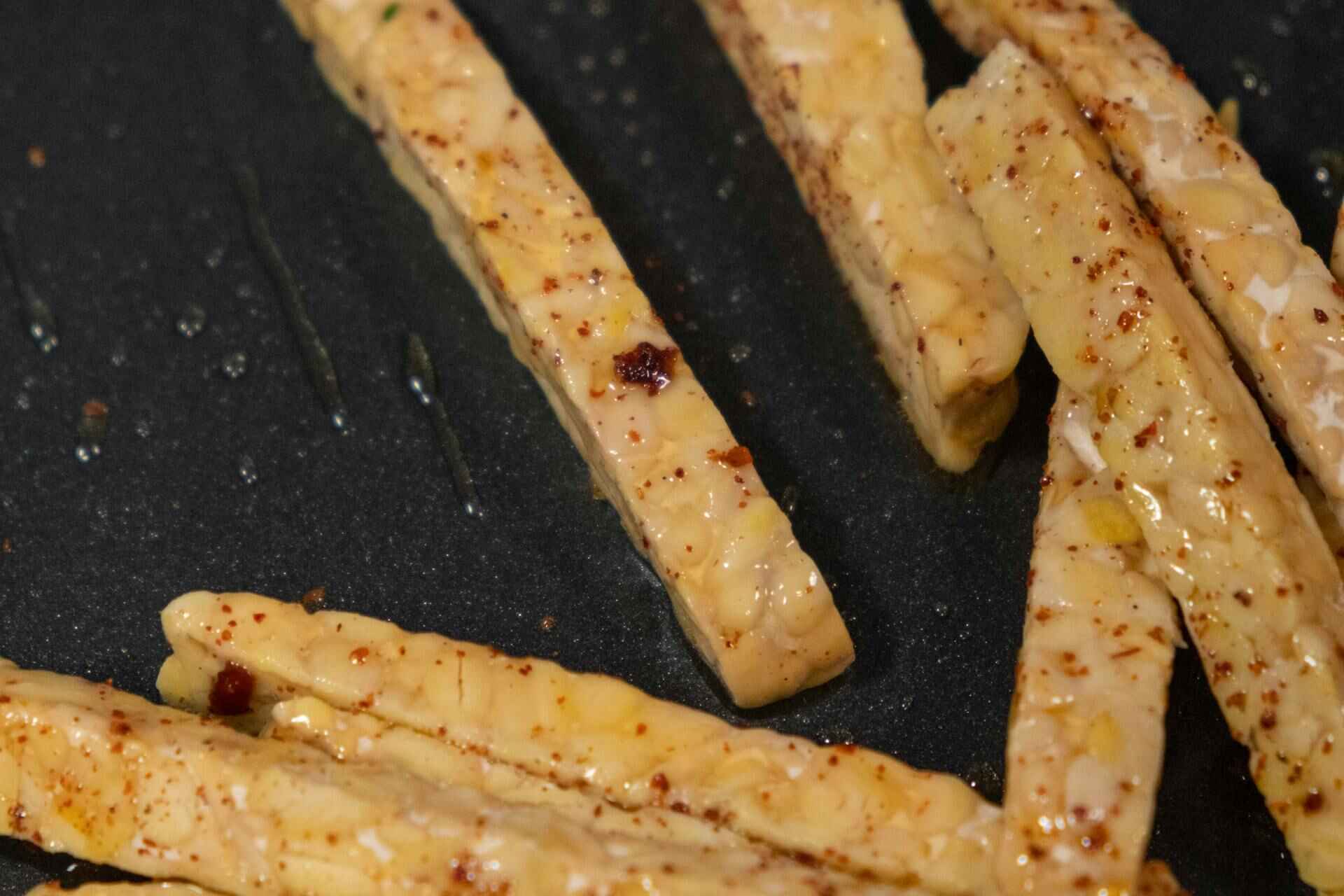
Tempeh is a vegan-friendly protein derived from fermented soybeans. It is substantial in protein and low in carbohydrates, making it an excellent choice for anyone following a plant-based, low carb diet. Tempeh has a solid texture and may be used as a meat substitute in many high-protein vegan recipes. (27)
- Calories: 195 per 100-gram serving
- Carbs: 7.62 grams
- Protein: 19.9 grams
23. Pea Protein
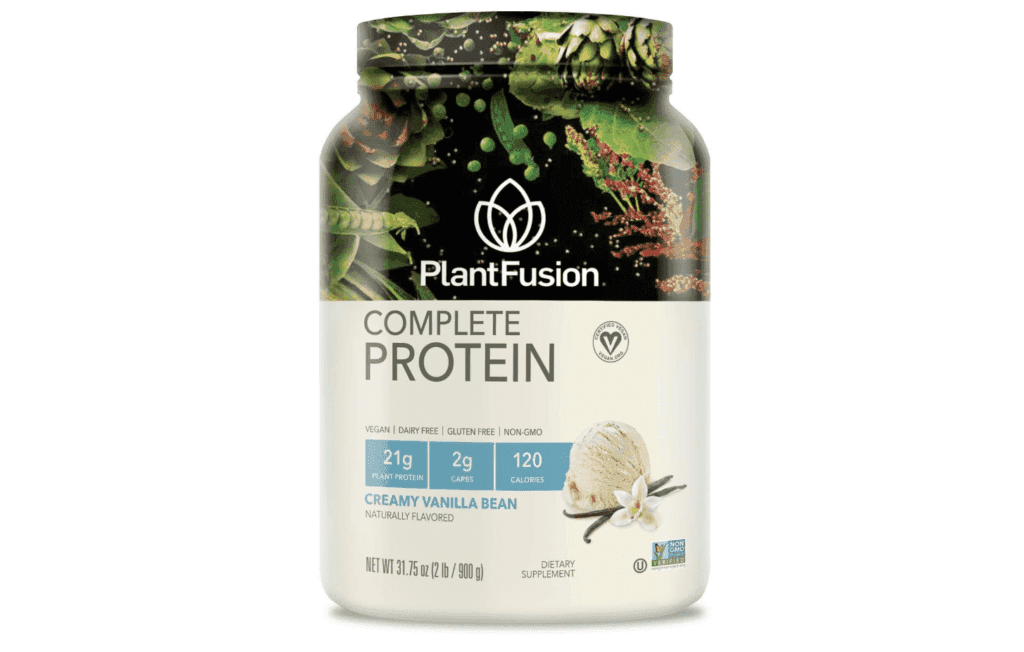
If you’re on a plant-based, low carb diet, it might not be easy to meet your protein requirements while keeping under your carbohydrate allowance. Unsweetened plant-based protein powders, such as pea protein, are valuable to plant-based, low carb diets since they contain few carbohydrates and may be used in several dishes. When looking for a low carb pea protein product, please read the ingredient and nutrition data labels to ensure it meets your dietary requirements. (28)
- Protein: 24 grams
- Calories: 120 per 33-gram scoop
- Carbs: 1 gram

24. Bone Broth
To improve the protein content of foods such as soups and curries, replace conventional chicken or beef stock with bone broth. Bone broth has substantially more protein than ordinary stocks. A cup of bone broth has around three times as much protein as the same amount of conventional chicken stock. Bone broth is high in protein, low in carbs, and contains minerals including magnesium, potassium, and calcium. (29)
- Calories: 40 per half-cup serving
- Carbs: 1.5 grams
- Protein: 9.5 grams
25. Parmesan Cheese
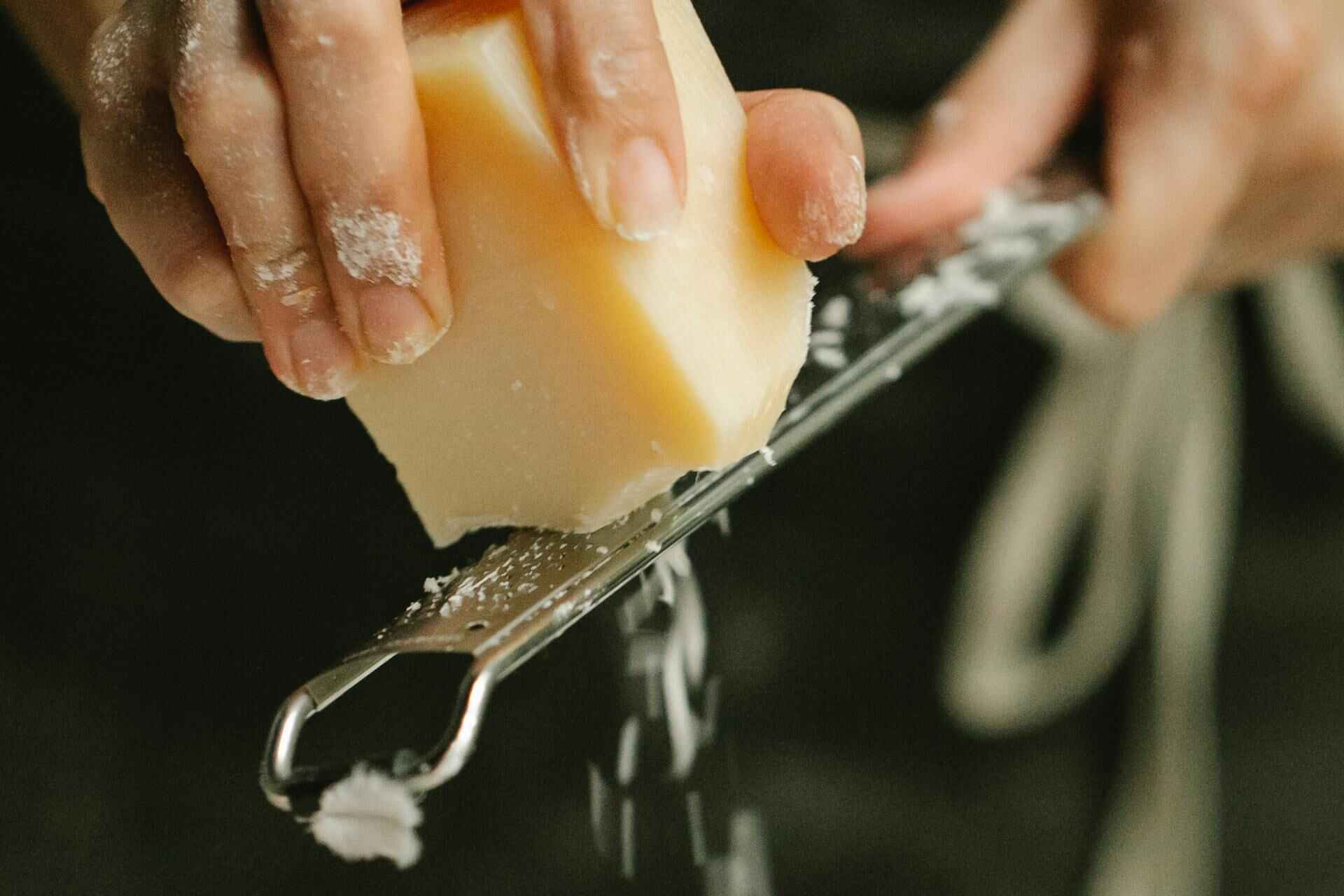
Parmesan cheese is a salty, aged cheese with much protein and few carbohydrates. It may be used with other low carb items, such as nuts and veggies, to make a substantial snack and a high-protein topping for soups, eggs, and various other low carb recipes. (30)
- Calories: 111 per ounce
- Carbs: <1 grams
- Protein: 10.1 grams
26 . Almonds
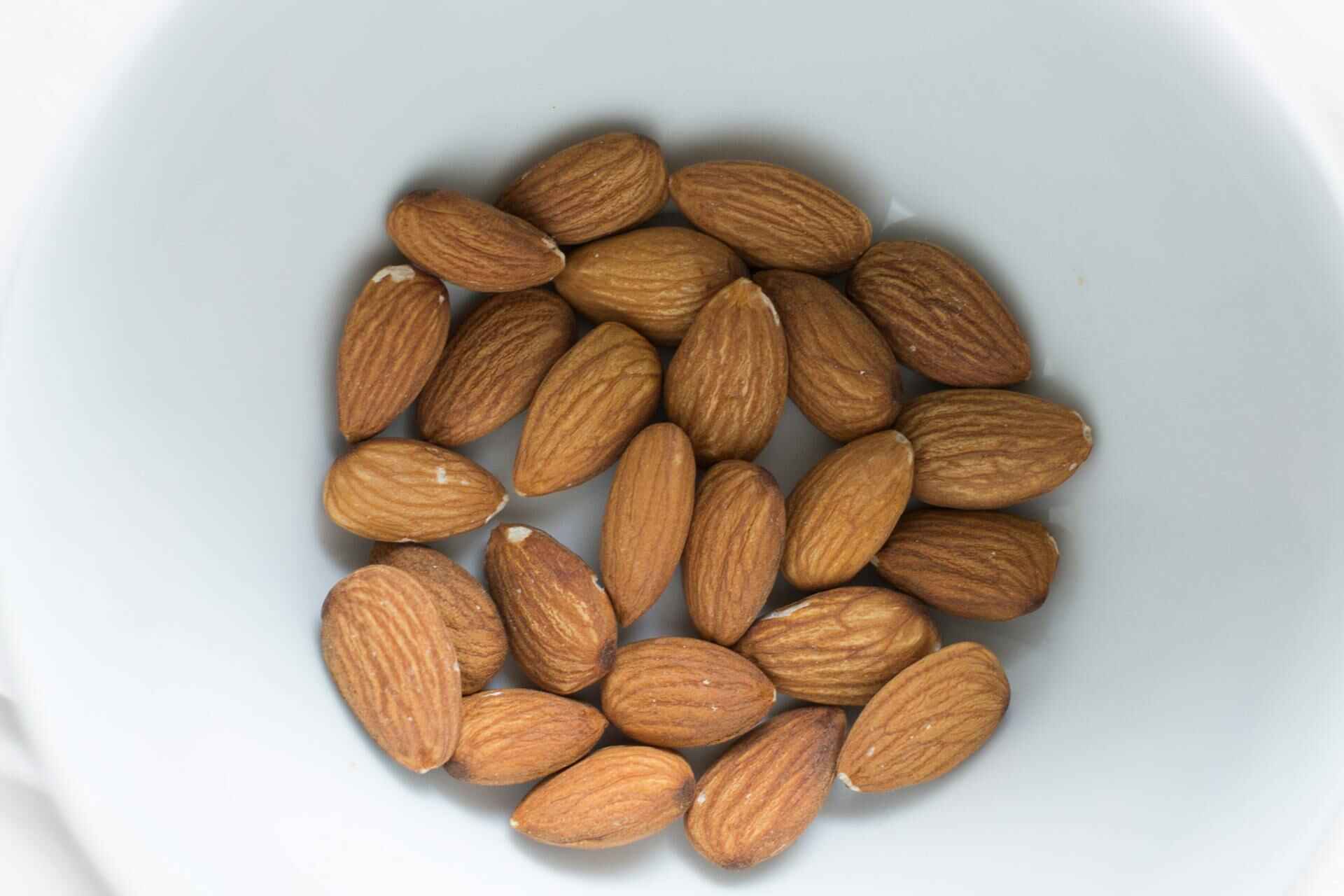
Almonds are a nutrient-dense nut full of protein, healthy fats, and fiber. According to recent studies, eating almonds daily can help minimize muscular pain and recovery time after exercise. Moody explains, “Of all the typical nuts people prefer to nibble on, almonds offer the highest protein level. Furthermore, the skin of almonds has been demonstrated to help reduce detrimental inflammation in the body due to its high level of vitamin E, a potent antioxidant.”
- Serving size: 1 ounce (23 whole almonds)
- Calories: 164
- Protein: 6 grams
- Carbs: 6 grams
How Much Protein and Carbs Do You Need?
Your macronutrient requirements, including protein and carbohydrates, vary according to age, body size, and exercise degree. The current recommended dietary allowance (RDA) for protein is 0.8 g per kilogram (g/kg) of body weight (0.36 g of protein per pound(g/lb); however, the ideal protein intake for active persons is likely closer to 1.2 to 2.0 g/kg per day (0.54-0.9 g/lb). It is believed that diets containing 45-65% carbohydrate and 20-35% protein energy are the most beneficial to overall health. (31)
However, dietary requirements vary significantly from person to person, and research indicates that diets with varying carbohydrate and protein ratios can promote health and reduce health parameters in persons with particular health issues. People with medical disorders such as type 2 diabetes, obesity, and fatty liver, for example, may benefit from consuming a diet low in carbohydrates and rich in protein compared to current macronutrient range guidelines. (32)
Working with an experienced healthcare expert, such as a registered dietitian, can help you determine exactly how much protein and carbohydrates you should consume daily.
The Bottom Line
Plenty of high-protein, low carb foods exist, whether you’re on a low carb diet or want to improve your protein consumption.
Canned tuna, edamame, Greek yogurt, cheddar cheese, pumpkin seeds, and pea protein powder are a few high-protein, low-carb foods that can help you achieve your protein requirements.



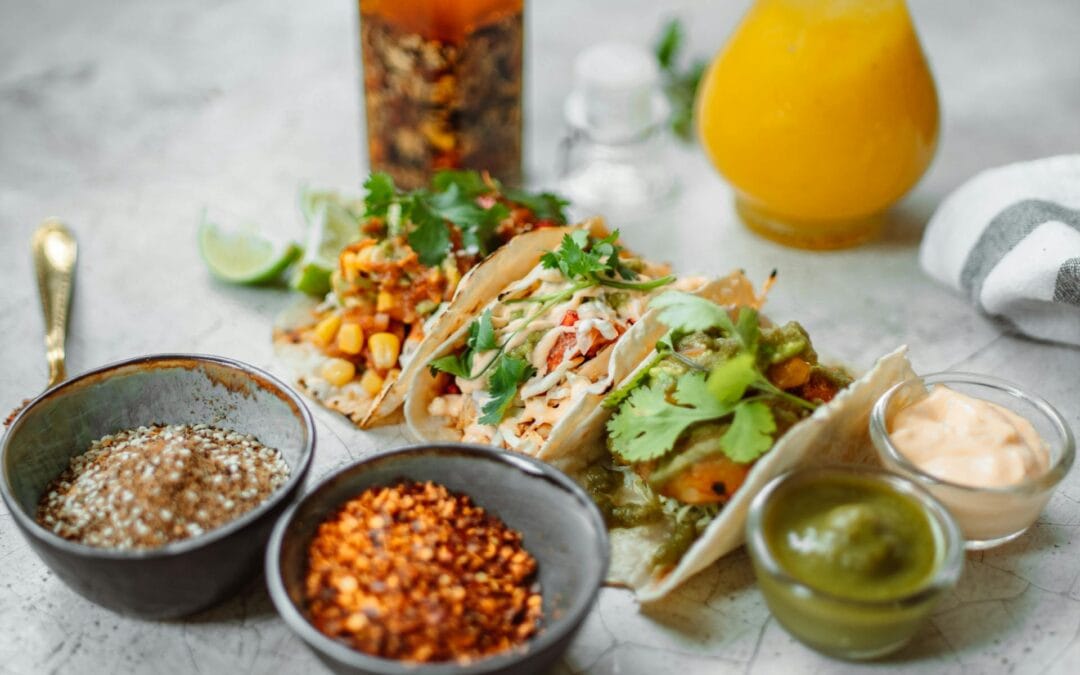
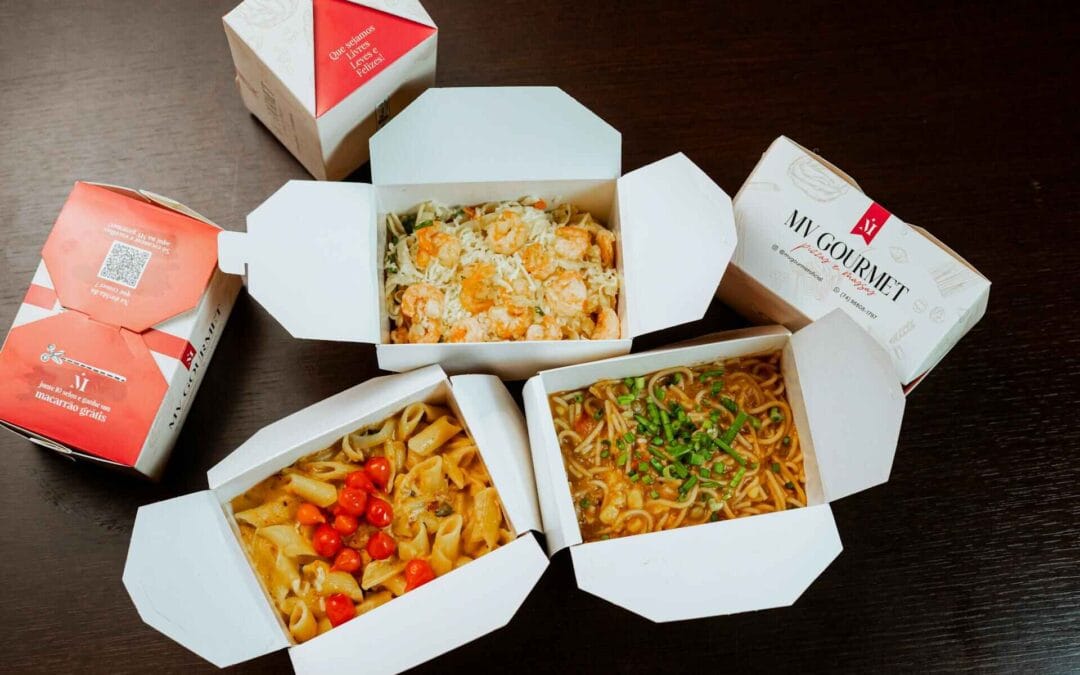
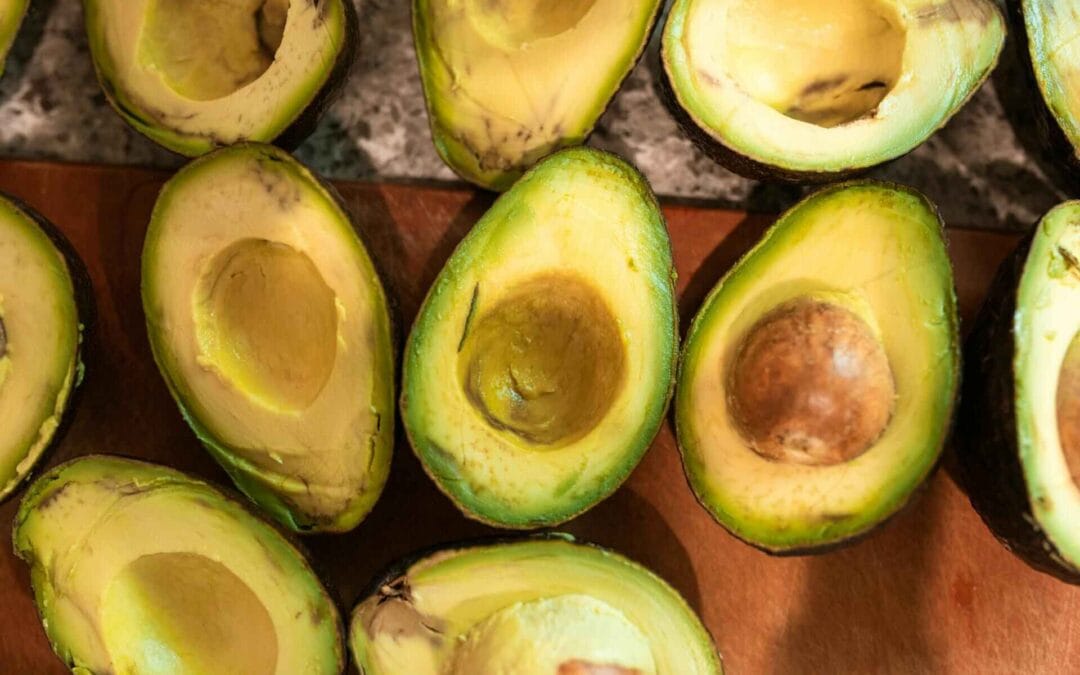

0 Comments